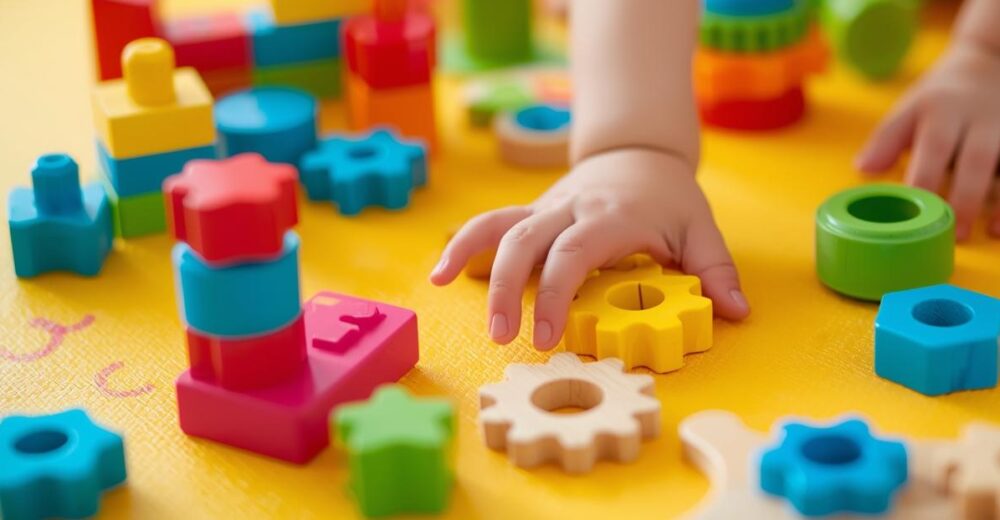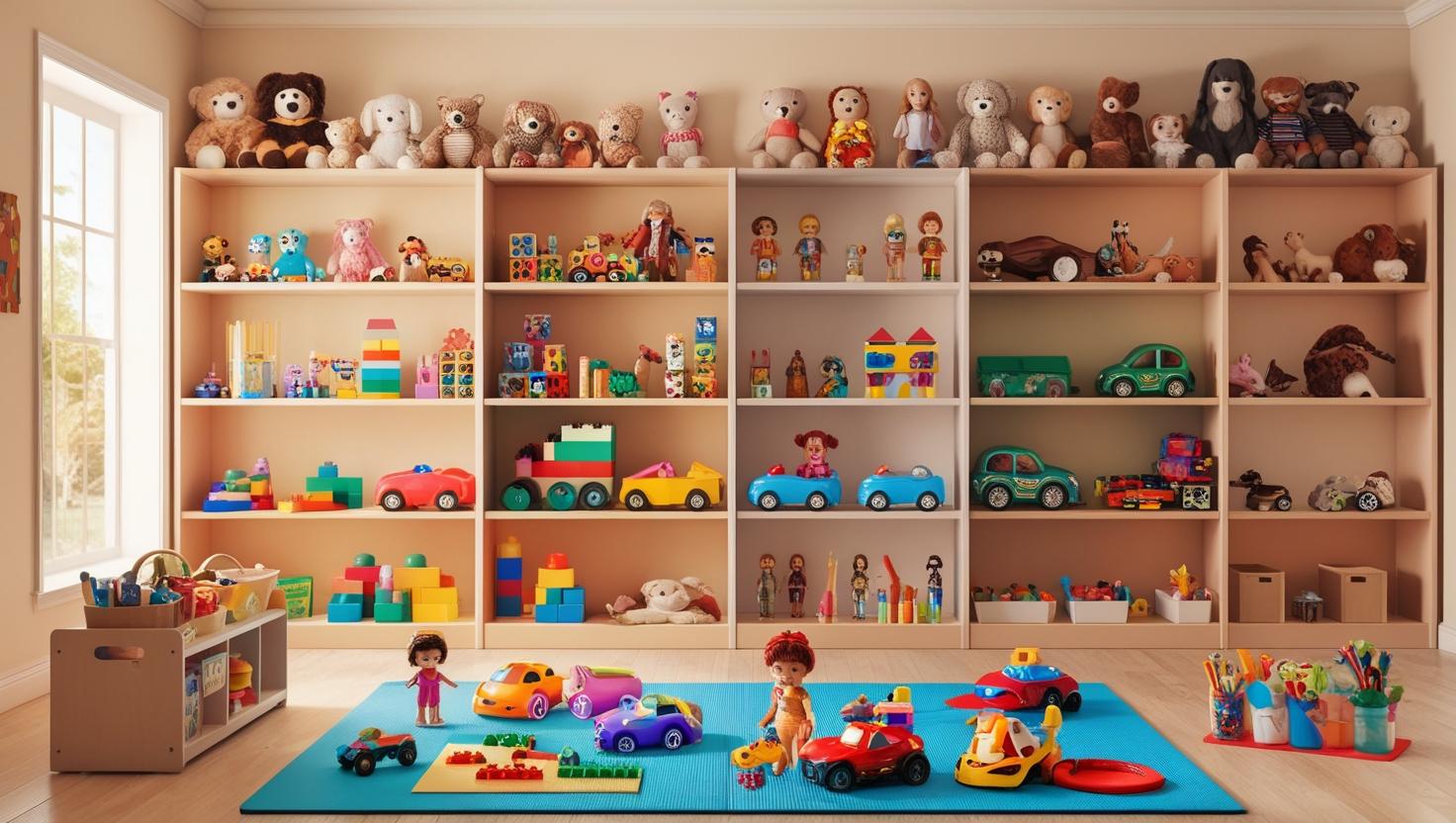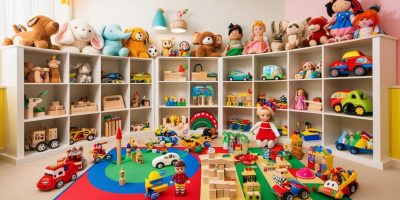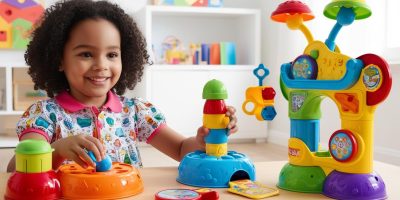Best STEM Toys for Kids Who Hate Math (But Love Fun)
Let’s face it—some kids really don’t like math. Mention multiplication or fractions and you’ll get eye rolls or dramatic groans. But hand them a cool robot, a hands-on puzzle, or a science kit, and suddenly, they’re all in.
So, what’s the secret? Fun-first STEM toys that sneak math in through play.
Whether your child struggles with math anxiety or simply finds traditional lessons boring, these toys offer creative, confidence-building ways to explore math skills—without the stress.
Why Some Kids Dislike Math (And How Toys Can Help)
Kids might dislike math for different reasons:
- Too abstract or repetitive
- Feeling like they’re always wrong
- Lack of connection to “real life”
- Learning styles not supported in school
STEM toys can solve this by making math tangible, visual, and most importantly—fun. Think of it as math in disguise.
What to Look for in “Math-Without-the-Math” Toys
Choose toys that:
- Emphasize patterns, logic, or problem-solving
- Encourage building, measuring, or estimating
- Offer games with math-based mechanics (without textbook-style learning)
- Let kids self-correct and experiment without pressure
Top Picks: Math-Skills Without the Math-Pressure
1. Gravity Maze by ThinkFun
Best for: Spatial logic & early geometry
This marble run logic game teaches kids how to think in 3D space. While it’s not “math” on the surface, it sharpens spatial reasoning and logical sequencing.
Ages 8+, no batteries required, solo play or team challenge.
2. Sum Swamp by Learning Resources
Best for: Early math basics
Perfect for younger kids, this board game teaches addition and subtraction through dice rolls and silly creatures. Kids forget they’re doing math because they’re too busy racing through the swamp.
Ages 5+, supports turn-taking and simple operations.
3. Osmo Genius Numbers Game
Best for: Visual learners & reluctant counters
This interactive app-based game uses real number tiles that sync with a tablet. It’s colorful, tactile, and turns basic math into puzzles and code-breaking missions.
Ages 6+, iPad or Fire Tablet required.
4. LEGO DOTS & Technic Sets
Best for: Measuring, estimating, spatial thinking
While not directly labeled as math tools, LEGO builds teach geometry, balance, and sequencing. Kids get hands-on practice with angles, area, and structure—no equations required.
Ages 6+, great for builders and inventors.
5. Money Bags Coin Value Game
Best for: Real-world math & money sense
Kids love playing with pretend money. This game helps them learn to add coins, make change, and understand value—essential life math, wrapped in fun.
Ages 7+, ideal for practical learners.
6. Turing Tumble
Best for: Logical thinking & cause-and-effect
This mechanical computer game is perfect for kids who like puzzles. They build machines that solve logic problems—learning the same skills coders and mathematicians use—without writing a single equation.
Ages 8+, great for problem solvers.
Tips for Parents: Making Math Feel Safe and Fun
- Celebrate effort, not just right answers
- Let them lead playtime—don’t force learning
- Use math words casually in play (“How many more pieces?”)
- Rotate toys often to keep curiosity high
The Bottom Line
Your child doesn’t have to love flashcards or worksheets to be great at math. They just need the right entry point.
STEM toys designed for fun-first learning can build confidence and skills quietly in the background. Before you know it, your “math-hating” kid will be solving problems, estimating totals, and thinking like an engineer—without even realizing it.
And that’s the real power of play.





